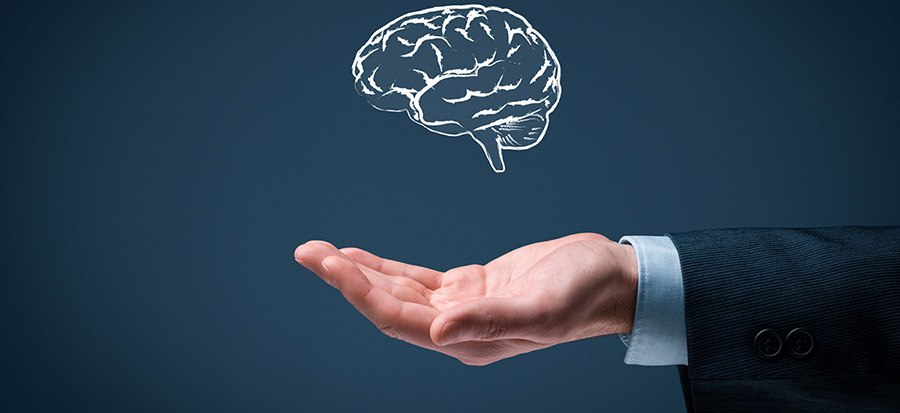Pause, Breathe, Respond: A New Way to Handle Emotions
We’ve all been there—those moments when something seemingly small hits a nerve and sends us spiraling. It could be a sharp comment, an unexpected inconvenience, or someone’s behavior catching us off guard. And before we know it, there’s a wave of anger, hurt, frustration, or defensiveness bubbling up inside.
How Habits and Feelings Shape Our Decisions
We make countless decisions throughout our day—some big, some tiny, some that we’ll forget before they’re even over. And though we often like to believe we’re being rational, clear-headed thinkers, many of those decisions are far from logical. In fact, there's an ongoing debate in psychology and neuroscience that suggests most—if not all—decisions are ultimately driven by emotion.
Train Your Brain to Think More Logically
Have you ever found yourself stuck in a mental loop, wondering how others seem to solve problems so effortlessly while you’re still untangling the first thread? The truth is, clear, logical thinking isn't just a talent you’re born with—it's a skill you can strengthen. Just like your body can be sculpted and improved with the right exercises, your mind is capable of becoming sharper, more agile, and more strategic through a process known as neuroplasticity—the brain’s remarkable ability to rewire and adapt itself throughout your life.
What Is Logic and How Does It Work?
Logic is the disciplined exploration of reasoning—the structured investigation of how conclusions follow from premises in a valid and coherent way. In essence, logic studies the skeleton of arguments, focusing on the form that makes an inference valid rather than the specific content involved. A valid inference is one in which the conclusion is supported purely by the logical connection with the starting assumptions.






